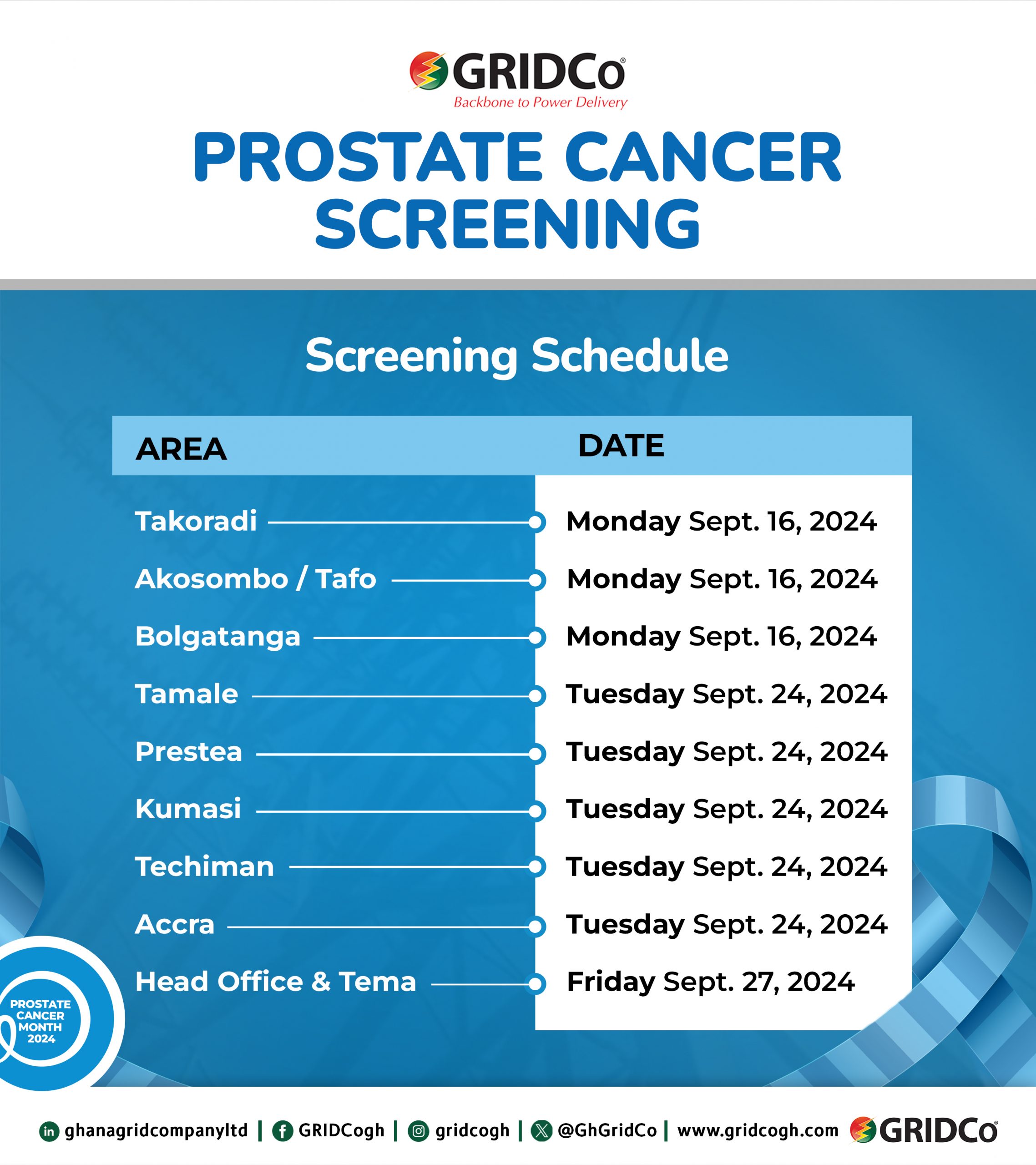Why Testing is Important
• Early Detection: Prostate cancer often develops slowly and may not show symptoms for years. Testing can detect cancer before symptoms arise, allowing for earlier intervention.
• Risk Assessment: Testing helps determine an individual’s risk level. Men with a family history of prostate cancer or certain genetic factors may benefit from earlier or more frequent screening.
• Informed Decisions: Regular testing provides valuable information that helps in making informed decisions about treatment options and managing health.
Benefits Of Testing
1. Health Benefits:
• Treatment: Catching cancer early can lead to more effective treatment and potentially better outcomes.
• Reduced Mortality Risk: Early intervention may reduce the risk of advanced cancer and associated complications, thereby improving survival rates.
• Peace of Mind: Regular screening provides reassurance for those who are healthy and helps catch potential issues early for those at risk.
2. Practical Benefits:
• Customised Care: Regular testing allows for personalised care plans based on individual risk factors and test results.
• Prevention and Management: Even if cancer is detected, early treatment options can be less invasive and more effective, reducing long-term health impacts.
3. Encourage Staff to Act
• It will drive awareness and motivate staff to regularly get tested.
Promote Awareness:
• Encourage staff to discuss prostate cancer screening with their healthcare providers, especially if they are over the age of 40 or have risk factors.
Support And Resources:
1. Emotional Support: A cancer diagnosis can be emotionally challenging. Support from family, friends, and counseling services is crucial. Support groups, both in-person and online, can provide a sense of community and shared experience.
2. Educational Resources: Numerous organisations provide valuable information and resources:
• American Cancer Society (ACS)
• Prostate Cancer Foundation (PCF)
• National Cancer Institute (NCI)
3. Supportive Environment
• Foster an environment where health screenings are normalised and supported.
Consider offering resources or organising health awareness sessions.
• Provide information about local health services and screening programs i.e. staff can visit any of our retainer health facilities to be screened.
CONFIDENTIALITY AND SUPPORT:
• Staff should be assured that their health information is confidential, and that the
workplace supports their health and well-being.
• There are support resources such as counseling or health advice as part of the company’s wellness programme.




